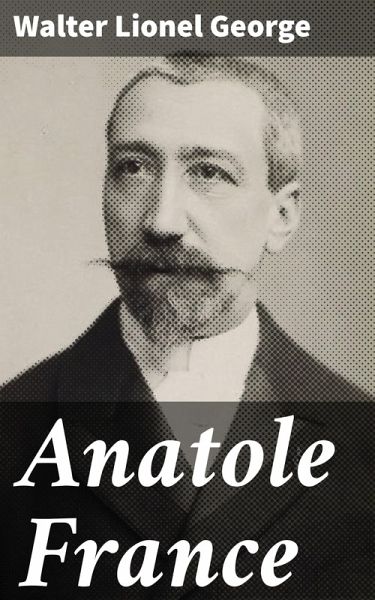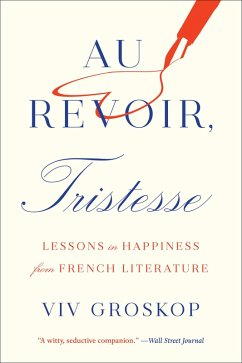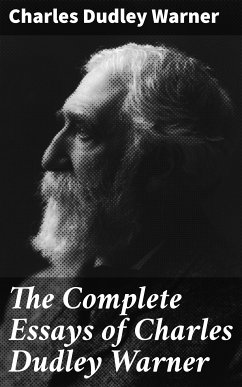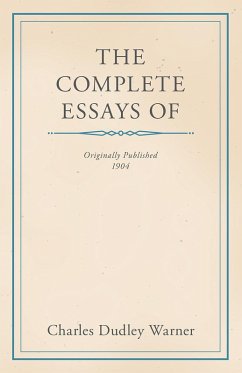
Anatole France (eBook, ePUB)
Enriched edition. Unraveling the Satirical Genius: A Deep Dive into Anatole France's Literary World
Kommentar: Day, Sean / Redaktion: Good Press

PAYBACK Punkte
0 °P sammeln!
In "Anatole France," Walter Lionel George delivers an intricate exploration of the renowned French author and Nobel laureate, Anatole France. With a critical yet admiring perspective, George dissects France's literary contributions against the backdrop of the late 19th and early 20th centuries, a period marked by radical social changes and artistic innovation. Employing a narrative style that combines erudition with clarity, George engages with France's major works, themes, and his philosophical underpinnings, illuminating the nuanced interplay between politics and literature that defines Fran...
In "Anatole France," Walter Lionel George delivers an intricate exploration of the renowned French author and Nobel laureate, Anatole France. With a critical yet admiring perspective, George dissects France's literary contributions against the backdrop of the late 19th and early 20th centuries, a period marked by radical social changes and artistic innovation. Employing a narrative style that combines erudition with clarity, George engages with France's major works, themes, and his philosophical underpinnings, illuminating the nuanced interplay between politics and literature that defines France's legacy. Walter Lionel George, a prominent literary critic and historian, brings to life the rich intricacies of his subject, informed by his own engagement with French literature. His deep appreciation for the literary humanism and skepticism characteristic of France's writing emerges from his scholarly background, as George navigates the cultural and intellectual currents that influenced France's perspectives. This book reflects George's commitment to understanding how literature not merely reflects society but actively shapes its dialogues. For readers intrigued by literary criticism or those seeking a comprehensive understanding of Anatole France, this work stands as a valuable resource. Whether you are a scholar, student, or casual reader, George's insightful analysis and contextualization of France's work will inspire a deeper appreciation for one of literature's most compelling figures. In this enriched edition, we have carefully created added value for your reading experience: - Hand-picked Memorable Quotes shine a spotlight on moments of literary brilliance. - Interactive footnotes clarify unusual references, historical allusions, and archaic phrases for an effortless, more informed read.
Dieser Download kann aus rechtlichen Gründen nur mit Rechnungsadresse in A, B, BG, CY, CZ, D, DK, EW, E, FIN, F, GR, H, IRL, I, LT, L, LR, M, NL, PL, P, R, S, SLO, SK ausgeliefert werden.













